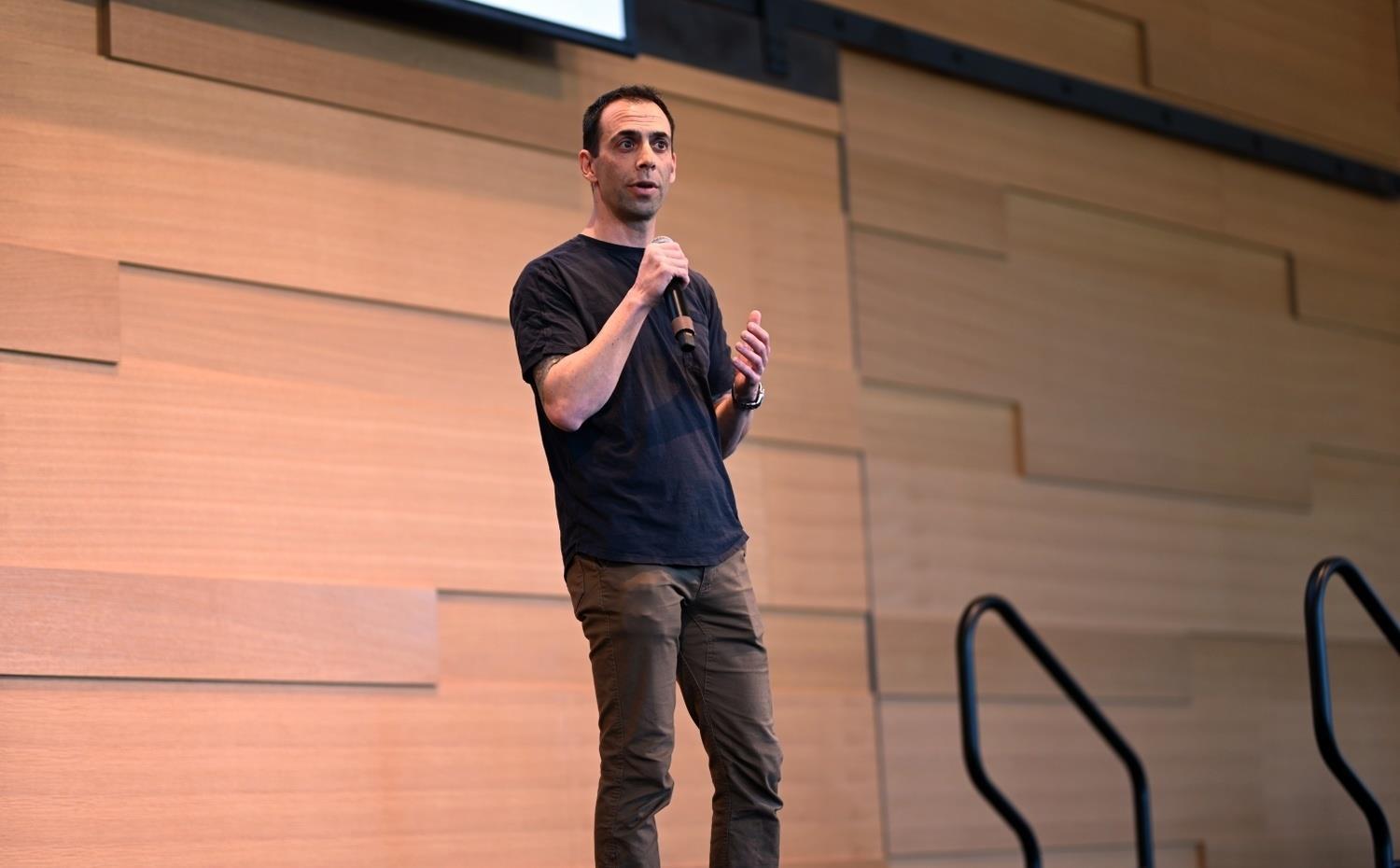
4 minute read
GAPER ACADEMY FILLING THE EMPLO YMENT GAP
A G a m e C h a n g e r F o r R e m o t e T e a m s N o t i o n F o r B u s i n e s s e s
In our endeavors to streamline remote work to achieve the most efficient workflow possible, the Gaper teams have tried several work management and productivity platforms. And what with the global pandemic forcing everyone to operate remotely, we have a sudden surge of business founders and managers running around like headless chickens without any decent idea on how to continue normal workflow exclusively online.
Advertisement
What did we conclude? There are many well-developed work applications out there, some of which are malleable to a broad range of work needs, some that are designed for specific teams and operations. However, as the title indicates, we found a neat little solution in Notion - a simple, comprehensive platform that supports dynamic planning of business (and personal) activities.
The Interface -Clean and Crisp
Notion is not overwhelming for the senses - a characteristic which we found to be key when using a new application. It features a minimal, uncluttered interface which it lets you populate to your own liking.
To put it concisely, Notion lets you create a workspace. Within this workspace, users can add team members. The workspace can then be populated by relevant pages that can contain schedules, ideas, meeting notes, to-do lists, links, tables, and many other elements that you may require to organize work related tasks. Of course these pages can in turn contain sub-pages. If this sounds too confusing, just know that it starts to get easier once you actually begin working on it. Notion is remarkably compatible with any level of tech-savviness.
Notion is also able to host all sorts of content completely eliminating the need for you to send separate emails or messages to your team members. If you need your supervisor to check a presentation you have created, you simply attach or embed the presentation in its respective page, mention your manager, add some comments to let them know what you have done and just carry on with your work. Your supervisor can then check your presentation and make any comments accordingly. It is almost like having a face-to-face discussion in an office without disrespecting pandemic-induced SOPs.
A Virtual Office For Your Team
Once your team assimilates itself to the more advanced features, Notion becomes a workplace of sorts, a virtual office if you like. We have already explained how it allows teams to conduct smooth communication, be it to discuss specifics of some task or share meeting notes.
But Notion becomes even more powerful when used to schedule and assign tasks to team members. For example, you have a page for your marketing team. This page can in turn have another page with a table of schedule for the month of August. Each day’s task is given its own row, which clearly states who the task is assigned to, its deadline, relevant notes, associated links, and/or other appropriate categories. As your team builds a portfolio of work, they can continue to update Notion’s relevant pages with the appropriate tags and categories. This will contribute to building a reservoir of knowledge. A knowledge base that has articles, infographics, interviews, pictures, designs and any other content present at one location, all allocated neatly through proper links.
Create Dashboards!
Batman has a batcave, Justice League has a watchtower and the Teen Titans have their Titans Tower. Your business needs one too. Even Mojo Jojo has an observatory. The closest you can get to creating a digital platform that can act as a business surveillance observatory for you and your team members is a well-built dashboard on Notion. Dashboards, when structured and created in a comprehensive way, give users an allencompassing view of business operations. Depending on how they are made, they can catalogue the progress and status of all active and completed tasks, to-dos for the coming weeks and months for each member of the team, and a compilation of all the meeting notes or ideas that may have been collected over a certain period. This list was by no means exhaustive of the endless categories you can make according to your needs. You can be as creative and detailed in building your dashboards as you please.
Reducing The Need To Micromanage
Your team will be responsible for updating their respective tasks and roles once they are assigned. In a way, the dynamic interlinking features of Notion actually eliminates the hassle of micromanaging individual employees. Once a task and its details are added to the platform, there really is no need to call or email every member separately. They will be notified when something is assigned to them along with all the notes, additional files and list of subtasks that they are supposed to handle. Any confusions can either be addressed through Notion mentions or if required, other means.






